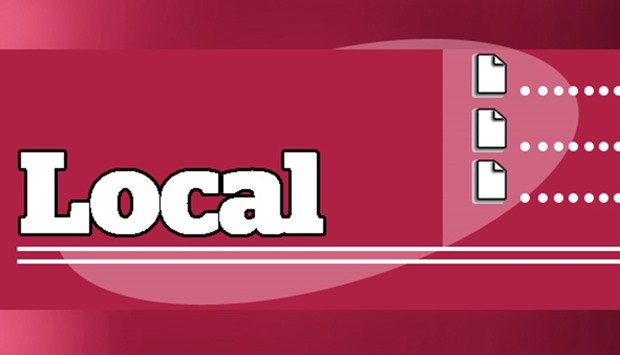As part of the School of Public Administration and Development Economics (SPADE), the new programme aims to provide the opportunity to employees working in the diplomatic corps and international co-operation, official representations in regional and international organisations, official envoys and international mediators from Qatar, to integrate into the world of international and diplomatic relations, with its political, cultural and legal ramifications.
This is in addition to providing them with the tools of written diplomatic work (international law and treaties) and unwritten international norms towards serving the national interest of Qatar in its bilateral and multilateral relations.
“The programme is one of its kind in Qatar and the Gulf, which is characterised by its academic and global partnerships that will contribute to providing Qatari diplomatic bodies and missions with a generation of Qatari diplomats who are fully conscious of their country’s future and aspirations,” Dr Hend al-Muftah, vice-president of Administration and Finance at the Doha Institute for Graduate Studies, said in a press statement.
Dr al-Muftah urged students to take advantage of the benefits the Institute is offering them, whether at the level of relations and visits, or at the level of scientific and academic research, through co-operation and co-ordination with expert professors in the diplomatic research field.
SPADE dean Dr Hamid Ali said the programme is based on a combination between a theoretical track that comprises three main areas: foreign policy, diplomacy, and international law; whereas the practical track aims to activate what is at the core of the theoretical course through mechanisms that move the learner from the horizon of reception to the space of self-learning and peer learning.
Further, the programme also aims to identify the work of international organisations through field visits, and networking with distinguished expertise in diplomatic and policy-making professionals, who will join the programme as visiting lecturers to enrich students’ knowledge and refine their experiences.
“The students will study in-kind cases to deepen understanding of foreign policy tracks, its implications and analyse the lesson learned, as well as field visits to give a practical dimension to the theoretical perspectives that establish international co-operation and conflict resolutions” Dr Ali added.

